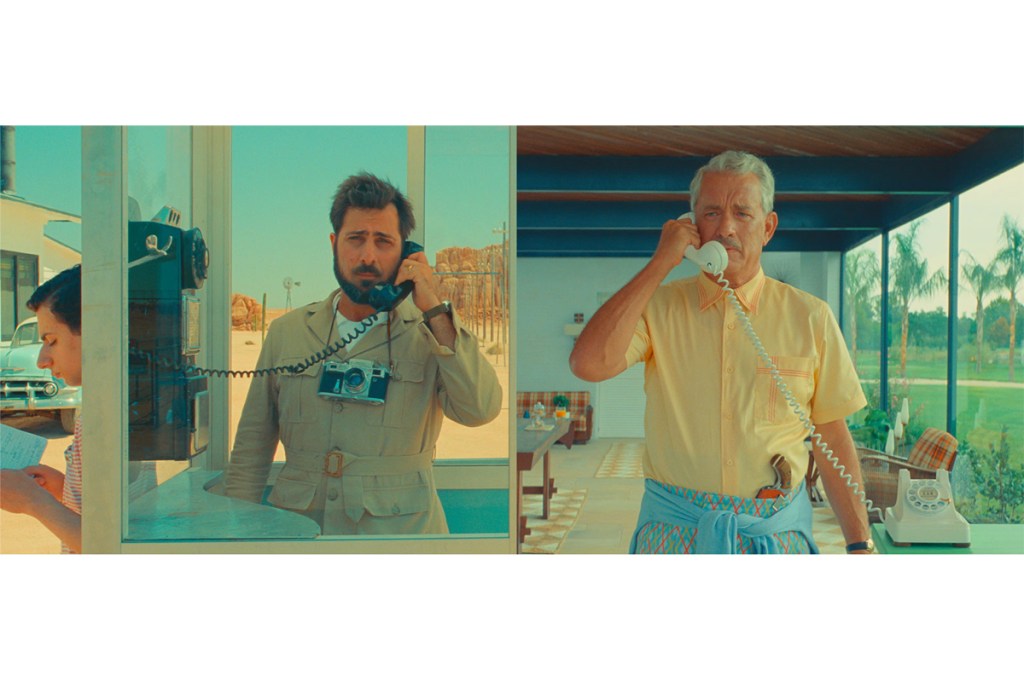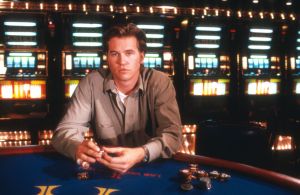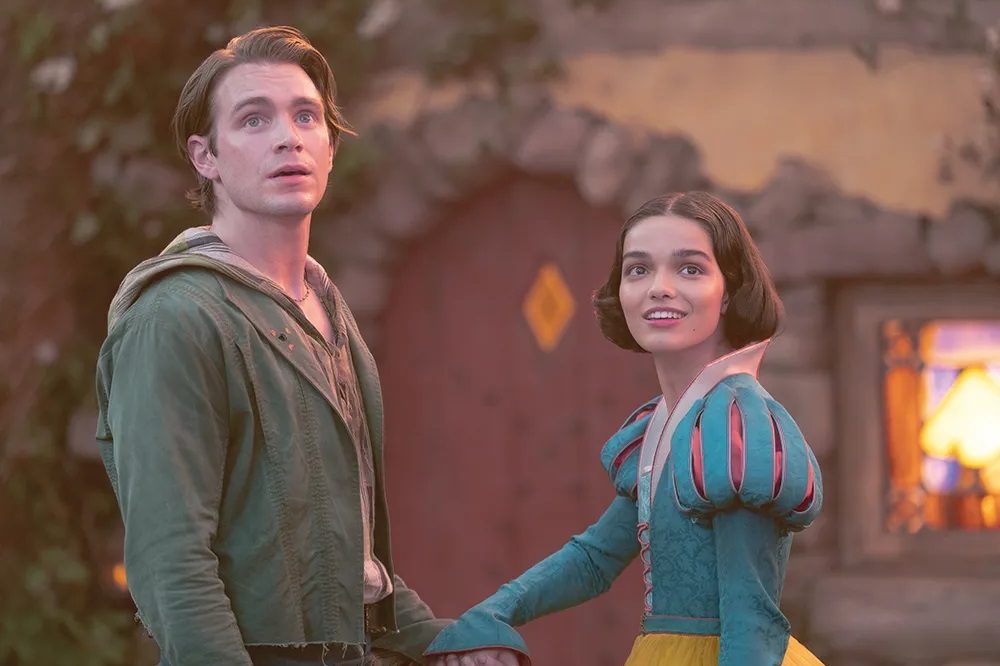The trailer for Wes Anderson’s latest film, Asteroid City, depicts the lonesome, desert sci-fi-induced death of twee. A sepia-toned artifice of the American West filmed near Madrid, it has everyone you would expect to be in a Wes Anderson movie, depicting themselves as always, with that special twinge of beautifully centered shots combined with at least one saccharine line which is designed to make you choke up a bit about a character who probably died off screen. Here is the trailer.
There is something so horribly depressing about this. When watching it, you can pause and wonder whether Anderson realizes he has become an item of self-parody, or if he continues to operate under the perspective that he can make his troupe of actors — Schwartzman, Johansson, Norton, Brody, Cranston, Schreiber, Swinton, Wright, Dafoe, Goldblum, and thank the gods, you won’t be denied Bob Balaban or Fisher Stevens — into anything he wants, so long as it’s written by Roman Coppola and has a seethingly beautiful Alexandre Desplat score to distract you. (Where’s Bill Murray? Ah, he got Covid before he was to shoot his scene — a shame.) Pay no attention to whether there’s a good story or anything; this time Anderson has also got Tom Hanks and Hope Davis and Margot Robbie and, oh my — that’s Steve Carell in a period visor! How wonderfully precious.
When Anderson works with human actors, his predilections come across as far more irritating compared to his stop motion work. His 2018 Isle of Dogs shows this: its story is clear, the beats are well-paced — and divorced from the requirement to make his actors act with anything other than their voices, Anderson hands in a tale that is both moving and impressive in its care and devotion to craft. But when given the ability to do whatever he wants with his friends, things slip and slide into the worst tendencies: bloated, meaningless stories that would work better as the children’s storybooks he parodies in Moonrise Kingdom than as movies.
The real shame here is that when Anderson started, he cared a great deal about story and a lot less about just making Leonardo-DiCaprio-pointing-at-the-television style references. Asked to participate in last year’s Sight and Sound survey detailing the 100 greatest films of all time, Anderson chose to name his ten favorite French movies, because that’s where he was at the moment. “Like most of us (I think?), I don’t actually have ten favorite movies,” Anderson wrote. “I thought I would pick ten favorite French ones (because I am listing this list in France). I will start with number zero, in fact: David Golder (Julien Duvivier).” He uses this as a means to cheat, naming eleven total films. Is that what Max Fischer would have done? Of course not.
What has kept directors like Quentin Tarantino interesting despite their obvious potential for parody is that they are self-aware enough to twist and turn this assumption to their benefit. Anderson seems blissfully unaware. It is now becoming difficult to discern any of his movie trailers from those that are created as intentional parody, which are expansive and numerous. For a brief selection, watch the SNL Wes Anderson horror trailer, the Wes Anderson X-Men trailer from film critic Patrick H. Willems, the Wes Anderson Star Wars trailer from Conan O’Brien, the Wes Anderson John McCain 2008 commercial, the extended Wes Anderson Family Guy parody, and, of course, the Wes Anderson-featuring American Express commercial.
These parodies begin as humor, but they extend into the realm of tired absurdity. They also suggest what’s missing from Anderson’s filmography, which has managed to make pastel feel stilted and exhausting: anything profoundly different. The Honest Trailer summation of his catalog, with nearly 4 million views and an Alec Baldwin imitator voicing it, includes this litany:
“A tale of two disaffected friends, the cleaning woman that one of them loves and a meticulously planned robbery that goes wrong. A tale of this disaffected student, his disaffected older friend, the teacher both of them love and a meticulously planned revenge plot that goes wrong. A tale of this disaffected family, the sister that one of them loves and a meticulously planned family reunion that goes wrong. A tale of this disaffected oceanographer, the reporter both he and his son love and a meticulously planned documentary that goes wrong. A tale of these disaffected brothers, the train stewardess one of them loves and a meticulously planned trip through India that goes wrong. A tale of this disaffected fox, the wife he loves and a meticulously planned robbery that goes wrong. A tale of these two disaffected kids who are in love with each other and the meticulously planned escape that goes wrong. And a tale of this hotel manager, the dead old women he loves and the meticulously planned art heist that goes wrong…
“It sounds repetitive, but trust me. They’re just the most charming little things.”
They can be charming, yes. But what if that’s all they are? The drift away from Anderson’s writing collaborations with Owen Wilson and Noah Baumbach to working primarily with Roman Coppola has come with more predictability and a shrinking scope of ambition.
It’s worth considering Anderson alongside his filmmaking contemporaries. Quentin Tarantino, David Fincher, Paul Thomas Anderson and Christopher Nolan were all born within eight years of each other, with Wes Anderson right in the middle of them in age. While all these directors have hallmarks and their films often include similar elements, each has also aspired to make fundamentally different stories in size, scope and method. They’ve used their cachet to try crazy things that could be gigantic failures.
Wes Anderson is apparently happy just making a string of gorgeously crafted films for $30 million or so that have no meaning and little coherence. There’s no effort to stretch or try something different. It’s just the same thing, over and over again.
No one really wants to watch this make-cute anymore. They want to see Vietnam on a high-school stage, choreographed by a barber’s son. That was crazy when it was new. Today, Anderson feels like he’s just doing a corduroy-suited version of the Adam Sandler multiverse: he just makes movies in places where he wants to go on vacation with his best friends.

























